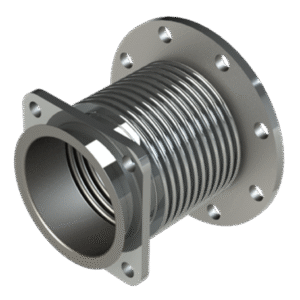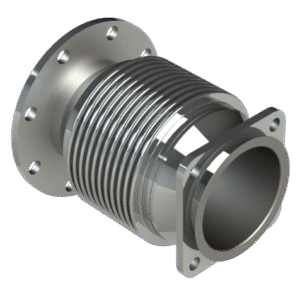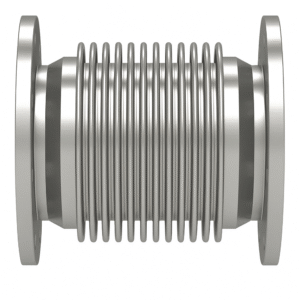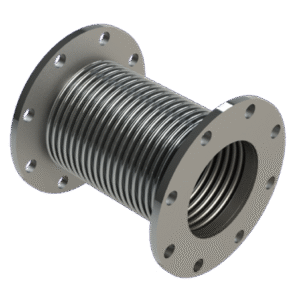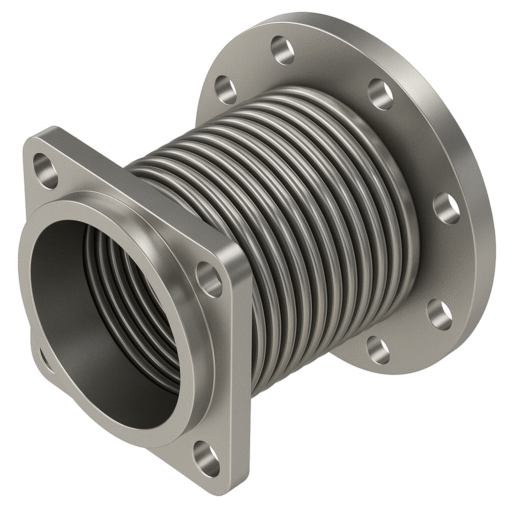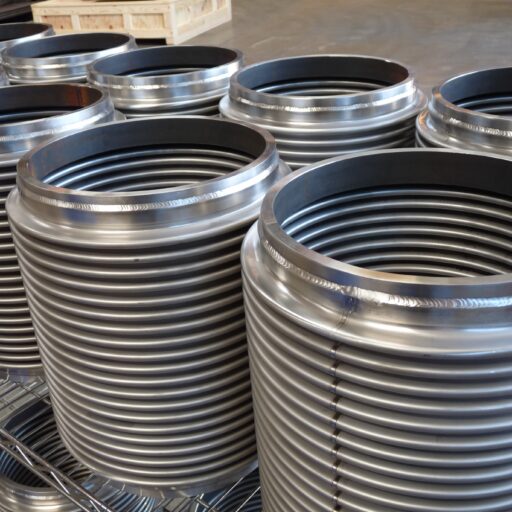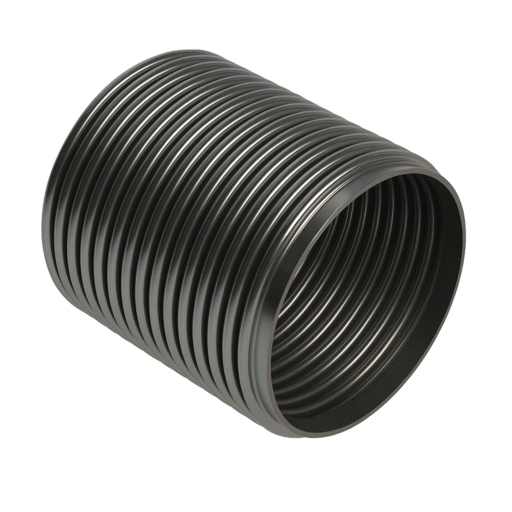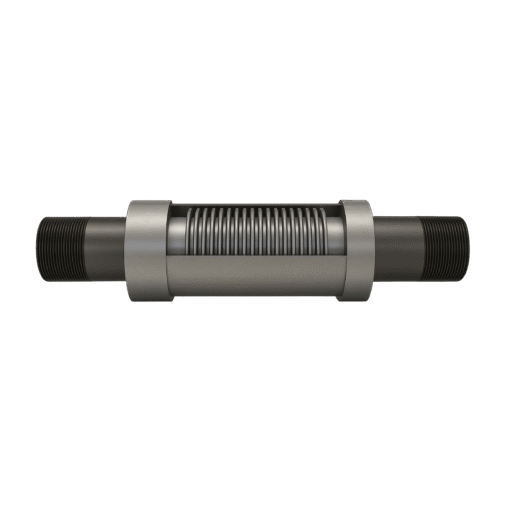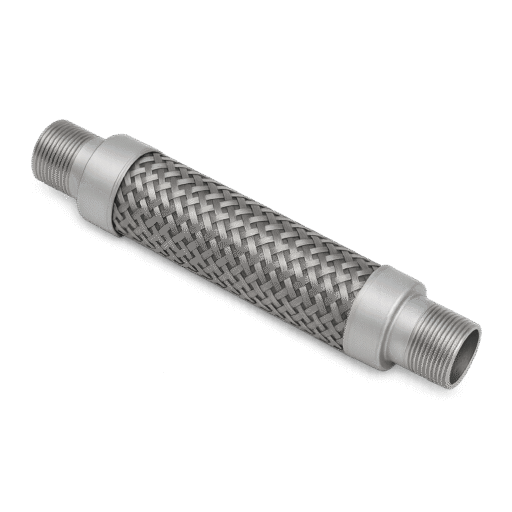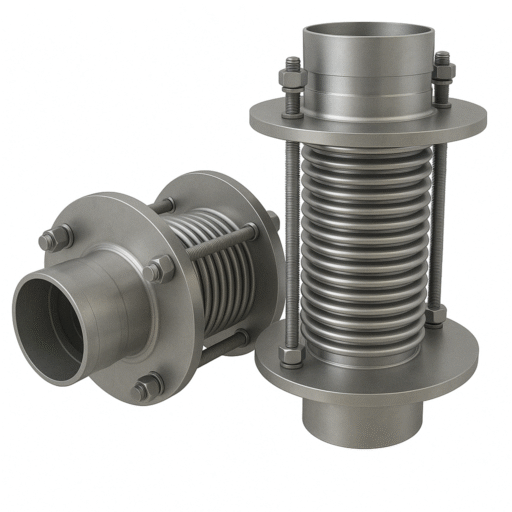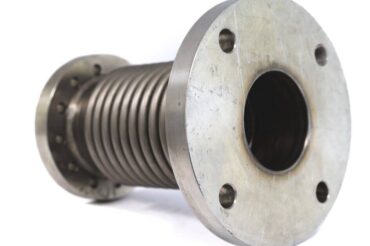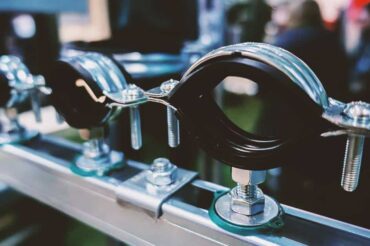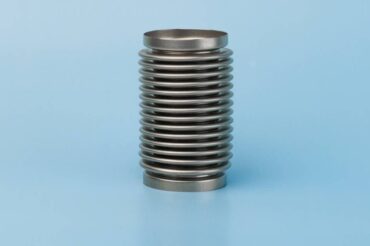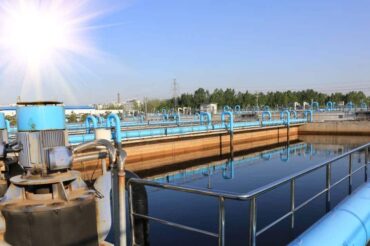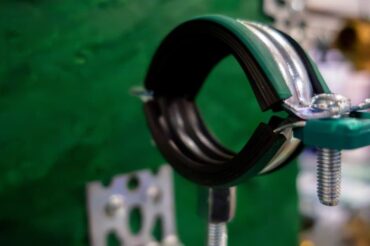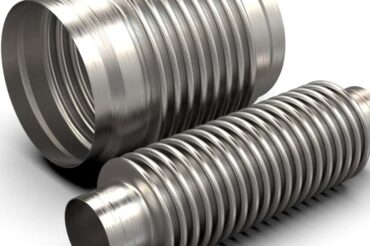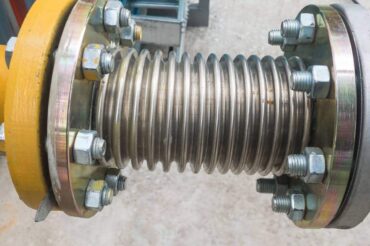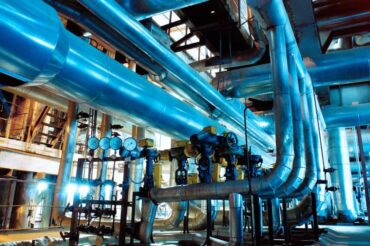June 27, 2025
News
December 18, 2024
A Brief Look at the Benefits of Flange End Fittings
November 27, 2024
The Importance of Location in Pipe Anchoring and Guiding
November 14, 2024
5 Things That Affect Metal Bellows’ Performance
November 1, 2024
Benefits of Expansion Joints for Wastewater Treatment Plants
October 11, 2024
Things To Consider for Pipe Anchor Sizing
September 26, 2024
The Role of Shipping Bars in Expansion Joints
September 11, 2024
3 Ways Metal Expansion Joints Are Used in the Solar Industry
August 22, 2024
Tips for Regulating Heat in Expansion Joints
July 29, 2024
